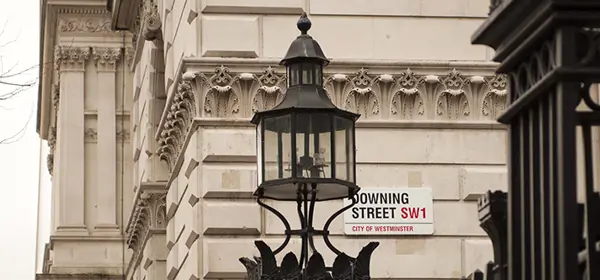
BMA seeks emergency dialogue with Labour government
Association chair writes to health secretary to initiate rehabilitation of NHS
BMA council chair Phil Banfield has urged the new Labour health secretary to engage in immediate and ‘constructive dialogue’ with the association and to work together to ‘get the NHS back on its feet’.
Professor Banfield wrote to Wes Streeting (pictured above), who was formally announced as secretary of state for health and social care today, to outline the BMA’s ‘most pressing issues’ for the new government to tackle, including branch of practice disputes, MAPs (medical associate professions) and waiting times and staffing.
The BMA recognises these are ‘complex issues’, Professor Banfield said, and requested a meeting at the ‘earliest opportunity’ so the BMA can ‘support’ the department of health and social care and Government to deliver the ‘crucial priorities’.
Professor Banfield said the immediate tasks are to resolve the junior doctors’ (to be known as resident doctors from September) dispute and to ‘properly invest in addressing the inflationary costs inhibiting general practice’ and provide the sustainability that primary care so urgently needs.
Safety risk
On MAPs, Professor Banfield told Mr Streeting that these staff are now being employed across the NHS ‘without any defined national scope of practice’ and ‘posing a real and present patient safety risk’.
Professor Banfield said the association recognised that the Labour government had made bringing down NHS waiting times a central manifesto commitment and pledged to be a ‘constructive partner in this challenge which will require local and national agreements with staff groups’.
While these are the most pressing issues to address, the BMA campaigned across a variety of other areas ahead of the election.
During the campaign the association issued a manifesto – Patients Need Doctors – for the competing parties which called for the vital role doctors play to be valued and pay to be restored, for the incoming Government to protect doctors from any further erosion of their professional role and employment rights, and to train and provide jobs for the next generation of doctors to meet demand.
The manifesto also urged proper funding for the future of the health service and for politicians to safeguard the public’s health and wellbeing, prioritising preventive care.
- Until September 2024, resident doctors were referred to as ‘junior doctors’ by the BMA. Articles written prior to this date reflect the terminology then in use


